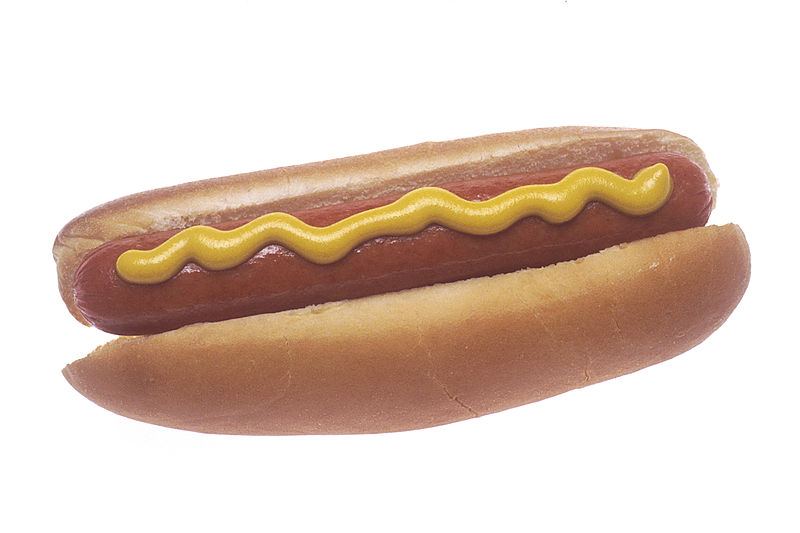So, I read Kunstler's book- The Long Emergency.
Wow. That was scary. I mean, really, really scary. So I got to thinking about the problem.
To sum it up, the world as we know it ends, and we are back to living with candles and bicycles, and eventually horses.
I looked around the Internet for some more information. And I realized something- all the doom and gloom-sayers kept on putting down renewables by saying things like "to maintain present levels..." or "to replace all our oil..."
And I got to thinking. Well, who says we need to maintain present levels?
How much electricity do you need? Do you really need all the juice you use? Probably not. A few lights in the evening, maybe listening to the radio... We could get by just fine with a fraction of the electricity we use, as long as it is constant.
I worry that the nations are too big. Especially the US and Canada. If the electrical power grid can be maintained, even at a much lower level, they stand a chance. Radio news/shortwave radio will become a powerful force keeping nations together. Consider buying a shortwave radio now.
Health Care-
Well, frankly- and it scares and saddens me, but a lot of people are going to die. Diabetics, people dependent on medicines. Lots of preventive medicines will disappear. And also, a lot of people will just give up.
Eventually, the population will stabilize. Good news is the obesity epidemic will be over.
And as to daily life-
After the peak, life will become based around largely self sufficient small towns. Move to one.
Since won't be able to afford food from a supermarket, you will try and grow some. You won't be able to buy chemical fertilizer, but people grew crops for thousands of years without it. You won't be able to grow your whole diet, but every bit helps.
Fairly quickly, the supermarkets will go out of business- they can't function without cheap oil. So neighborhood markets selling local goods will spring up. You could start one, there will be dozens. Once people have no choice but to walk or cycle to the market, they will choose the closer over the slightly cheaper.
People will still need things like soap, candles, beer, maple syrup, clothing- lots of business opportunities. But you should start learning something now.
On future occupations:
Farmers and
hired hands- the ultimate growth sector after peak oil. Just make sure to unionize so you don't become serfs.
Electricians will still be in high demand- especially ones who can build a windmill or micro-hydro system from scraps. Also to repair and maintain existing systems.
Mechanics will be needed to keep the remaining engines working, and to modify existing engines to work on ethanol, biodiesel, or wood gas (start studying now)
Of course
carpenters and
masons will be needed.
Traders and
Merchants to bring and sell goods not available locally.
And a slew of old occupations will return in force-
People will need charcoal and firewood, for heat and cooking, so the
forester and
charcoal maker will come back.
When traveling between cities means days instead of hours,
innkeeping will return.
Blacksmithing will be back of course- making and repairing tools.
People will need new dishes, bowls, etc eventually, so
potters will resurface.
Tinkers, cobblers, soapmakers, brewers, seamstresses and
tailors, handymen, cigar makers, paper makers, weavers, journalists, and
herbalists...
Actually, I think there might eventually be
less unemployment after peak oil than there is now, simply because we will need so much human power to replace the oil power. There may not be as much glamor or leisure, but there is still satisfaction in using your own muscles to make a living.















































